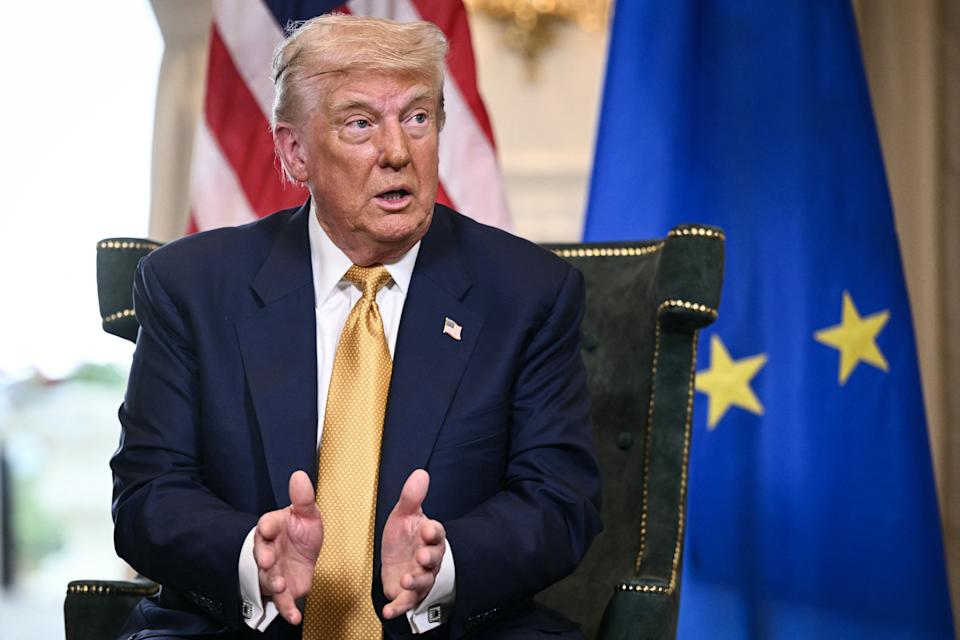
Thai, Cambodian Leaders Set for Peace Talks After Trump’s Tariff Deal Threats
Key Points
- Thai and Cambodian leaders, Phumtham Wechayachai and Hun Manet, are meeting in Kuala Lumpur to negotiate a ceasefire amid the deadliest border clash in over a decade, facilitated by Malaysian Prime Minister Anwar Ibrahim.
- The talks follow US President Donald Trump's tariff threats, pressuring both nations to halt hostilities, with US and Chinese envoys present to support peace efforts.
- Clashes, ongoing since July 24, have resulted in over 30 deaths and displaced 150,000 civilians, with both sides accusing each other of aggression.
- Thailand insists on a bilateral resolution, troop withdrawal, and cessation of lethal force for any ceasefire, while Cambodia is open to an unconditional halt to hostilities.
- The conflict stems from historical border disputes, exacerbated by differing interpretations of early 20th-century treaties, with recent escalations involving heavy artillery and airstrikes.
Summary
Thai and Cambodian leaders, Phumtham Wechayachai and Hun Manet, are set to meet in Kuala Lumpur on Monday to address the deadliest border conflict between the two nations in over a decade, facilitated by Malaysian Prime Minister Anwar Ibrahim, chair of ASEAN. The talks, prompted by US President Donald Trump’s tariff threats to withhold trade deals unless a ceasefire is reached, follow violent clashes since July 24 that have killed over 30 people and displaced 150,000 civilians. Both the US and China have sent envoys to support peace efforts, with Trump claiming credit for pushing the dialogue forward. Thailand remains skeptical of Cambodia’s commitment, prioritizing sovereignty and civilian safety, while Cambodia appears more open to an unconditional ceasefire. The conflict, rooted in historical border disputes over early 20th-century treaties, has seen heavy artillery and airstrikes, with both sides accusing each other of targeting civilians. Thailand demands a bilateral resolution and troop withdrawal, while economic pressures from potential US tariffs loom large, especially for trade-reliant Thailand. The talks aim to de-escalate tensions and restore peace, though deep-seated mistrust and territorial disagreements pose significant challenges.
yahoo
July 28, 2025
Stocks


